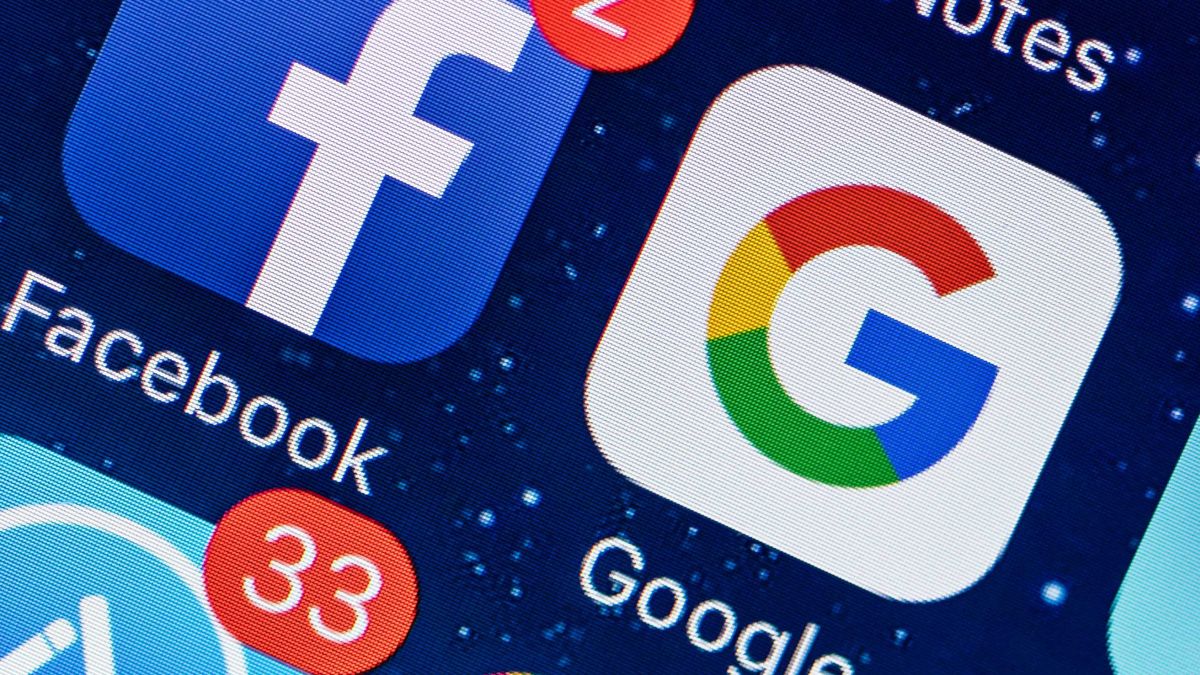The Supreme Court of the United States analyzes on Tuesday (21) a historic case that could transform the Internet if it decides that technology companies like Google or Facebook must answer legally for the content they publish.
The nine justices began to address at 10:00 a.m. (12:00 p.m. EST) the scope of a law that has granted them a certain immunity since 1996.
The case is linked to the November 2015 attacks in Paris and stems from a complaint against Google filed by relatives of Nohemi Gonzalez, one of the 130 victims of those attacks.
This American studying in France died in the Belle Equipe cafeteria at the hands of a commando from the Islamic State (IS) group.
His parents accuse YouTube, a subsidiary of Google, of having recommended videos of the jihadist group to some of its users.
According to them, “by recommending IS videos to its users, Google helped IS spread its message and thereby provided material support.”
The federal courts rejected the complaint in the name of a legal provision known as “section 230,” which was adopted when the Internet was in its infancy and has become one of its pillars.
This section decrees that Internet companies enjoy legal immunity for the content they publish because they are not a “publisher.”
- “Needle in the haystack” –
Nohemi Gonzalez’s family members believe, in contrast, that Google did not simply distribute IS content, but that its service selected users to offer them the jihadist group’s videos, so it cannot claim this immunity.
“The selection of users to whom the IS videos were recommended was done through computer algorithms created and implemented by YouTube,” they argue in an appeal sent to the Supreme Court.
In accepting this appeal, when it usually dismisses the vast majority of cases that come before it, the high court hints that it would be willing to change jurisprudence.
A prospect that frightens the big tech groups.
“The recommendations provided by algorithms are what make it possible to find needles in humanity’s largest haystack,” Google wrote to the court, asking it “not to harm a central part of the modern Internet.”
Allowing platforms to be sued by their algorithms “would expose them to liability for third-party content virtually all the time,” says the Meta group (Facebook, Instagram, WhatsApp), in another argument.
According to them, the recommendations serve only to organize the content published online, but do not constitute editing work.
- “Broad manner” –
This Wednesday, the Supreme Court will examine a similar case, but it raises a different legal question: if Section 230 did not exist, could platforms be convicted under anti-terrorism laws even if they did not directly support an attack?
The court will issue a ruling for both cases before June 30.
In the past, several of its justices have expressed a desire to change the wording of Section 230, which is increasingly questioned by politicians, although divisions between Democrats and Republicans make it difficult to change.
In 2021, conservative Justice Clarence Thomas lamented that “the courts have interpreted the law broadly and conferred extensive immunity on some of the world’s largest companies.”
That being the case, it seems likely that the Supreme Court will move more quickly than Congress.
But for now, “nobody knows exactly how,” pointed out Tom Wheeler, an expert at the Brookings Institution think tank, “so it’s important to watch how the oral arguments go,” he told AFP.
*** Translated by the DEFCONPress FYI Team ***
